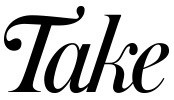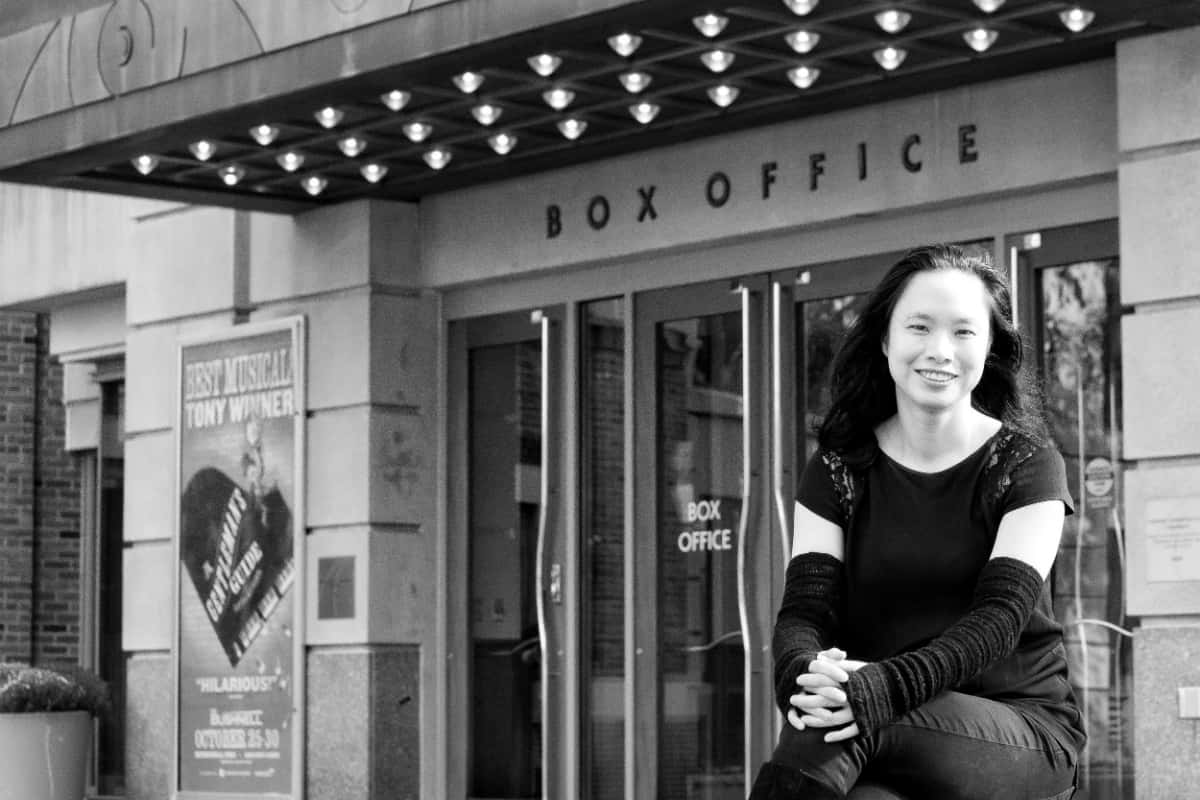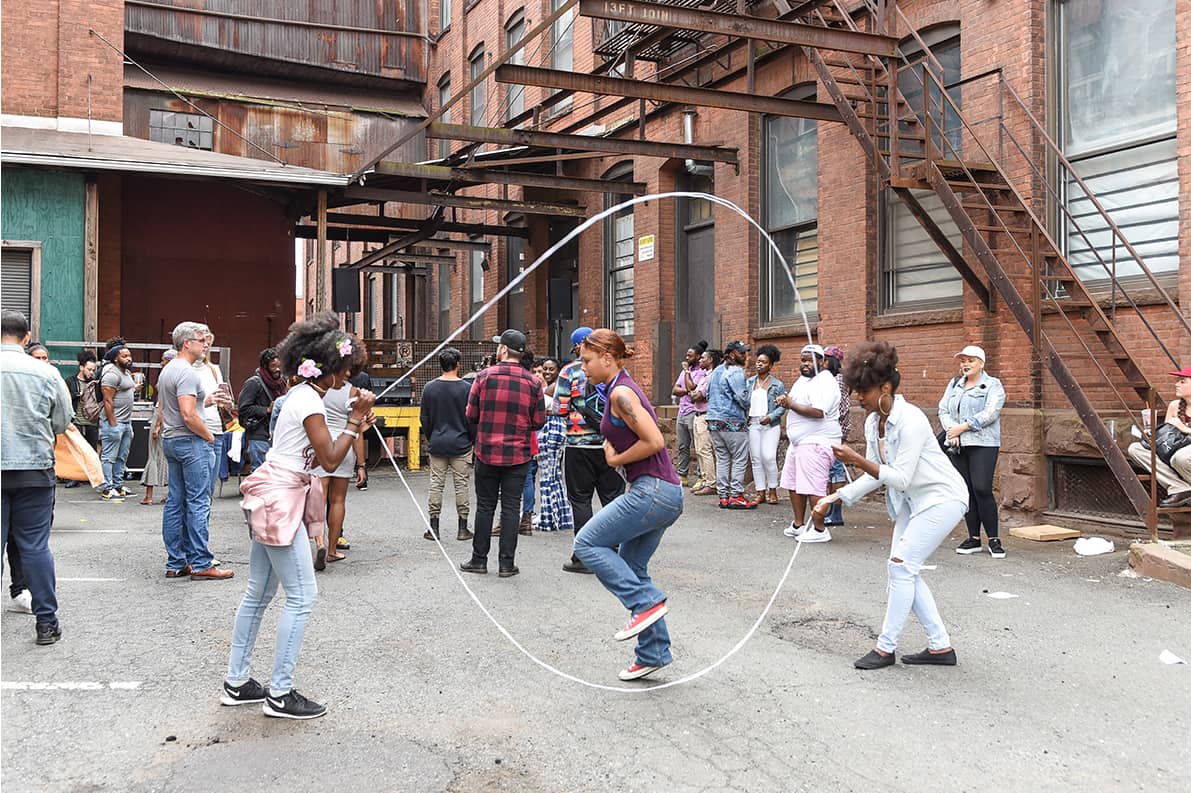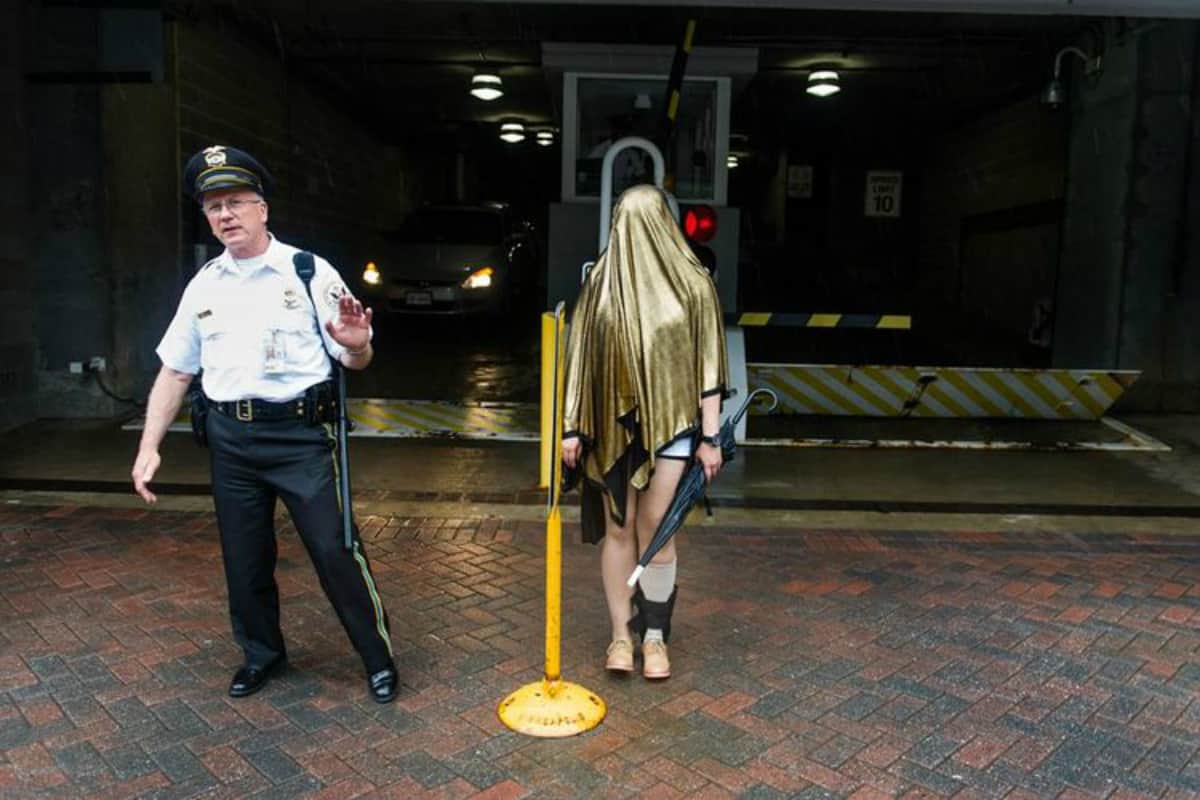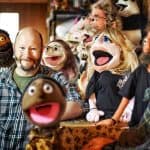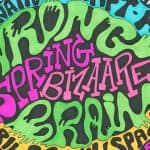Take magazine loves to share, and so does Breakfast, Lunch & Dinner. Here’s their interview with HSO director Carolyn Kuan.
Breakfast, Lunch & Dinner is a quartet of four entrepreneurs in Hartford focused on creating collective culture by building unique, diverse and creative ventures that bring people together. Periodically they feature interviews with culture makers in Connecticut’s capital city, which we are happy to share with Take readers. First up is Carolyn Kuan, music director of the Hartford Symphony Orchestra.
When Carolyn Kuan signed on as the Hartford Symphony Orchestra’s 10th music director in 2011, she was the first woman, the first Asian-American, and the youngest director to lead the orchestra’s musical vision. Since joining the group—she recently extended her contract through 2021—Kuan has been pushing the orchestra to try new approaches to getting classical music in front of audiences around the Capital Region. Here’s what she had to say when she sat down with BL&D.
What got you into music direction, and how did you end up in Hartford?
I came to America when I was 14 years old by myself. My middle school in Taiwan and my high school in America were sister schools for a few years, so I was one of the few fortunate kids to come here for summer study. And [I put it] in quotations because I think it included a week [of] learning English, and a week going to Disneyland and other things [laughs]. Hey, Disneyland is an American experience. [laughs] And I just remember like, even from the first day, I remember the teacher saying, “Feel free to ask questions.” And that was like a huge lightbulb moment because in Taiwan, it’s very much memorization-based. The teacher lectures at you, and you memorize things. There’s no questions. There’s no disagreeing with the teachers. And here I was, first day in American classes, and the teacher says, “Feel free to ask questions. Feel free to disagree with me. If you don’t understand anything, ask!” and I was like, ‘Wow, this is great. This is how education should be. This is how one should learn. So I kind of secretly applied to the high school while I was there behind my parents back [laughs].
So I went home — and I was really rebellious as a 12-year-old, 13-year-old; I can’t remember — and I got in a fight with my parents one day and it was also the day that I got the acceptance letters, so I’m like, “I’m leaving” [laughs]. Ultimately, they came around and they were smart in knowing had they kept me at home, I would’ve been totally rebellious and ended up doing God knows what. So they let me go. So I came here at 14. Then, I went to Smith College, so I’ve always kind of been around the area and as an Asian girl, of course, I always played the piano. That’s like what you have to do. So I’ve always had an interest in music, but I always thought that was something you did for fun and never once in my life thought this is what you do as a profession.
When did that evolve? From when you started playing the piano to realizing that this could become a profession?
When I went to Smith College, I was trying to do a music major [and] I was trying to do an economics major and computer science. I was trying to do like a triple major thing. Did not work out because a lot of classes were in conflict. But because Smith was so small — and I also sang seriously for many many years and I was playing the piano and in the choir. So the director said, “Can you help me do some sectional?” What that means is take the one section away to practice. And because the school is so small, I ended up doing that for the orchestra. So one day, I came to school and my conductor pulled me to the side and said, “We see you doing so many sectionals for us. Would you have any interest [in this]?” Four Smith alums decided to give four students $5,000 that summer to go study. I was supposed to go back home. I actually had an internship at Citi Bank in Taiwan. And I thought, ‘Internship in Taiwan. I can be in business anytime, but I only get these few years in music and to immerse in it before going back home to be in business.’ So I talked my father and said, ‘You know what, let me go do this. Someone is giving me $5,000 to go study music. Let me go see what this is about.’
So I ended up studying conducting. Actually, I came to [University of Hartford] that summer. So I spent a month at Hart — back then, there was a conducting institute — and then spent a month at Tanglewood and then spent a month at Tusk learning German and French. When the alums give you money, you have to have something to show for it so come the next semester, they put me in front of the orchestra to conduct. So that was kind of like how it started. And the alum said, “Well, you seem really talented. You should explore this.” So I applied for graduate school and got a full scholarship. So I call my father [and say,] “Look Dad, I can always be in business. Someone is giving me a full ride to study conducting. I don’t know what this conducting thing is about, but let me go find out. I’m really curious.” I did that for two years and then got a full scholarship to go to really one of the best conducting schools in America. They actually give you a full orchestra to practice. So when you think about it, how does one learn how to conduct?
Yeah, that was my next question, so please explain [laughs].
Like if you’re a pianist, you have a piano. You can practice all you want. Even if you don’t have a teacher, nowadays you have YouTube [laughs]. You can practice a lot. If you’re a violinist, same thing. Anyone, if you have an instrument. So the instrument for a conductor is the orchestra. So there’s almost no way to practice. So the only way you can practice is with a group. So the reason I went to Peabody Conservatory, which was part of John Hopkins, and they actually give you a whole orchestra to practice. It was really prestigious.
So again, I call my father. “Dad, you know…. [laughs]” So I think when I got the Hartford job is when I finally [decided this could be my profession]. From the Peabody, my first job was with the New York City ballet. I conducted my first Nutcracker at the Lincoln Theatre without any rehearsal whatsoever, beause they don’t need rehearsal. They do this every year for 50 shows. So I was the only one who’d never done it, so I don’t get rehearsal [laughs]. Went from that to North Carolina to Seattle, and then I started conducting all over the world and ended up here as a Music Director.
How did you end up in Hartford, though? You were in Seattle and all over the world and all these places and then come back to Hartford? Like, starting off in the Lincoln Theatre. Why Hartford?
Read Kuan’s response in the full BL&D interview.
